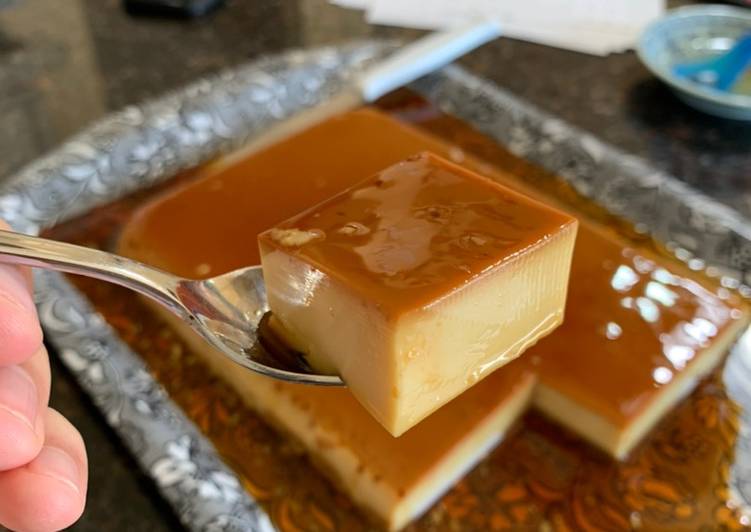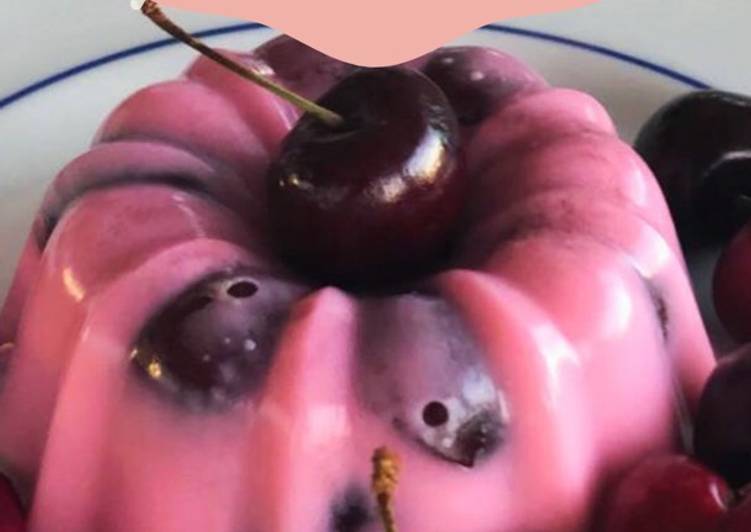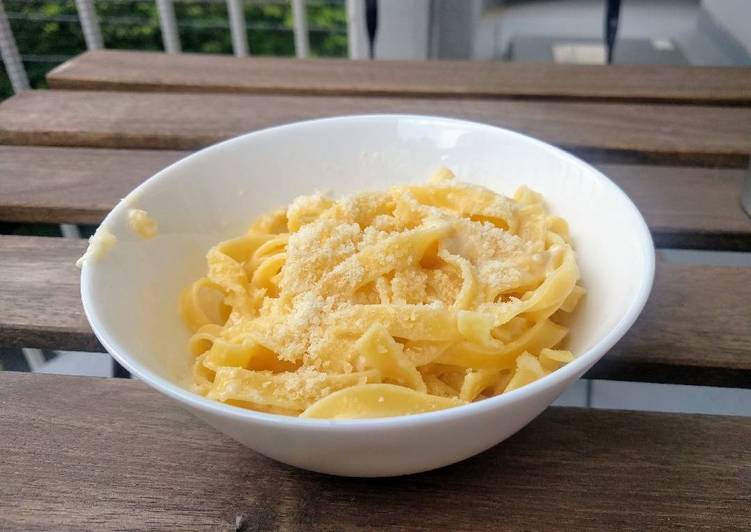
Hey everyone, it is Jim, welcome to our recipe site. Today, I’m gonna show you how to prepare a special dish, japanese custard pudding. One of my favorites. For mine, I’m gonna make it a bit unique. This will be really delicious.
Japanese Custard Pudding is one of the most well liked of recent trending meals in the world. It is appreciated by millions every day. It is easy, it’s fast, it tastes delicious. They are fine and they look wonderful. Japanese Custard Pudding is something that I’ve loved my entire life.
To begin with this recipe, we must prepare a few ingredients. You can have japanese custard pudding using 16 ingredients and 11 steps. Here is how you cook that.
The ingredients needed to make Japanese Custard Pudding:
- Take Caramel
- Get 120 g Granulated sugar
- Make ready 2 tbsp Water
- Take 100 mL Boiling water
- Take Egg Mixture
- Prepare 8 eggs
- Make ready 130 g Sugar
- Get 960 mL Milk
- Take 1 tsp Vanilla (extract, paste, or oil)
- Get Tools
- Take Pot
- Make ready 2 trays, one small enough to fit in the other
- Prepare Ladle
- Take Whisk
- Prepare Something to mix with (wooden spoons, silicone spatula, etc.)
- Make ready Sifter
Instructions to make Japanese Custard Pudding:
- Preheat the oven to 300°F
- Let’s make the caramel. In a pot that will be big enough to hold all of the milk, add the sugar and on medium heat. When the pot heats up a little, pour in your tiny bit of water. It should sizzle a little bit and bubble. The water will get soaked up by the sugar. Don’t touch, don’t mix.
- Let the pot sit on medium heat without mixing it. You can move it around by moving the pot but try not to stir. If there are any large sugar clumps, you can push that in, but don’t stir. Wait until it becomes a little brown. Prepare the boiling water.
- When the whole thing becomes a dark brown, turn off the heat, and quickly pour in the hot water. It will sizzle and smoke and splash a little bit so put a lid on the pot. When the splashing and sizzling has gone down, take the lid off. Check the consistency of the caramel. If it is still a bit fluid, keep resting it. Onces it thicken, the caramel is done. You want it to be a bit burnt to get that bitter-sweet flavour.
- Once the caramel thickens, pour it into a smaller tray. It will be really thick and paste like, but spread it out as much as you can before it hardens. It’s okay if it’s not completely spread, it will spread in the oven.
- Now we’ll make the egg mixture for the pudding. Take the pot you used for the caramel and put it back on the stovetop. With all the caramel remnants still on it, pour in the milk and sugar. Stir on medium to low heat, gradually dissolving the caramel and sugar into the milk.
- While the milk is heating up, crack 8 whole eggs in a bowl and whisk.
- When the milk comes to a simmer, take it off the heat and pour it little by little into the eggs, all the while mixing it together. Mix in vanilla.
- Make sure the small tray with the caramel sits in the larger tray. Pour boiling water in the larger tray, to create a bath for the smaller tray. Fill large tray up halfway at least. In the small tray, pour the mix mixture through a sifter to get rid of any unmixed eggs, any unwanted remnants.
- Place in the oven for 45 minutes. When finished, take it out and let it cool.
- Once cooled, wrap with plastic wrap and place the the refrigerator for a couple hours or overnight. After chilled, use an offset spatula or a knife and run it along the edge of the pudding, releasing it off the sides. Then, place a sheet tray or a serving tray on top and flip to remove the pudding. Cut into pieces and enjoy!
So that’s going to wrap it up with this exceptional food japanese custard pudding recipe. Thanks so much for reading. I am sure that you can make this at home. There is gonna be more interesting food at home recipes coming up. Remember to bookmark this page on your browser, and share it to your family, friends and colleague. Thanks again for reading. Go on get cooking!


